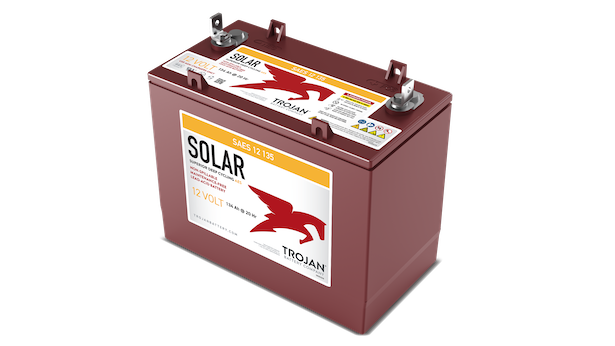Hello everyone!
I don't know a lot about solar panels and batteries, I've started to use them not so long ago. For the first time, I've bought a 12V 100Ah EXP121000. It was working and charging well for the first 6 months, then this battery started to lose power, and after 8 months of use stopped working at all. I thought that the problem was in my little camper, but then I've checked the battery with amperemeter, it showed that the battery wasn't working right from the beginning of usage.
After this sad experience, I'm going to buy a new battery. And, of course, I wish it would live longer than the previous one. I've read some articles and watched some video reviews, and now I'm thinking about Vmaxtanks (12V 125Ah) and Renogy (12V 100Ah). Renogy seems better for me, but it's a bit expensive.
Does someone use these batteries? Which one is better? Other variants are also appreciated.
Thanks!
I don't know a lot about solar panels and batteries, I've started to use them not so long ago. For the first time, I've bought a 12V 100Ah EXP121000. It was working and charging well for the first 6 months, then this battery started to lose power, and after 8 months of use stopped working at all. I thought that the problem was in my little camper, but then I've checked the battery with amperemeter, it showed that the battery wasn't working right from the beginning of usage.
After this sad experience, I'm going to buy a new battery. And, of course, I wish it would live longer than the previous one. I've read some articles and watched some video reviews, and now I'm thinking about Vmaxtanks (12V 125Ah) and Renogy (12V 100Ah). Renogy seems better for me, but it's a bit expensive.
Does someone use these batteries? Which one is better? Other variants are also appreciated.
Thanks!




Comment